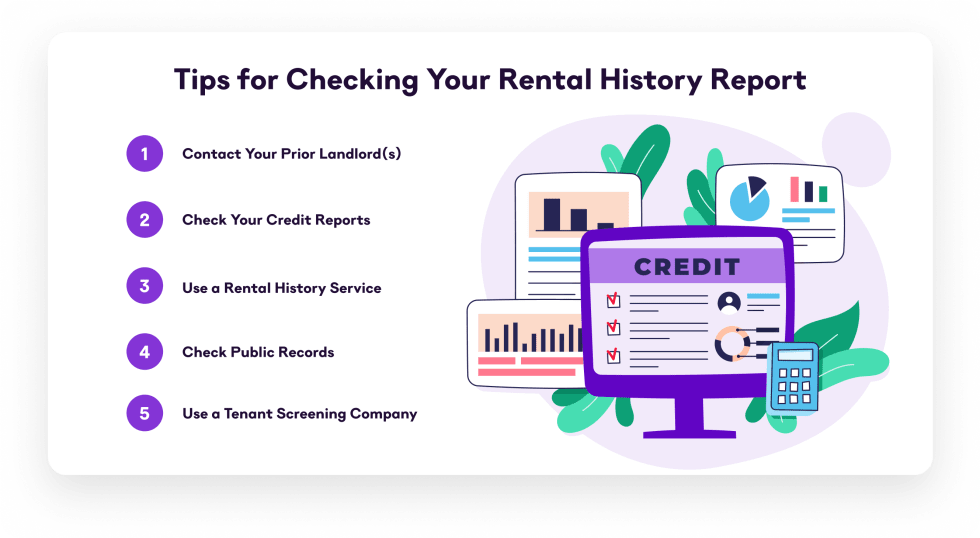- 47 units available
- 1 bed • 2 bed • 3 bed
- Amenities
In unit laundry, Hardwood floors, Dishwasher, 24hr maintenance, Stainless steel, Walk in closets + more

There are signs, some subtle and others not, that you didn’t get an apartment after submitting an application. Whether a landlord is radio silent, reminds you they have multiple applicants, or hikes the price, you may notice they’re giving you the run-around and attempting to reject you.
In this guide, we help you learn the signs that your application wasn’t chosen. There are also tips to help you navigate rejection and identify red flags during the application process, as well as tips and tricks to find the right apartment.
Ghosting isn’t just an issue in the dating world; it also happens in the rental market and is a sign that you aren’t getting the apartment.
Most applications are approved within the first 48 hours. If you haven't heard back from the landlord or agent more than 48 hours after your application, and you sent a follow-up email with no response, there’s a good chance you weren’t approved.
In most cases, if you don’t receive a direct rejection, then you are likely to hear radio silence.
Once you’ve had a viewing and submitted an application, the normal next step is approval or rejection. If a landlord asks you to come back for another showing, even though you submitted your application first, that’s not a good indication of your favorability. The landlord may be trying to extend the approval time to continue searching for other tenants.
You’ve submitted your application, but you hear back and they’re proposing a higher rental price. This is a sign you’re not getting the apartment.
Most people only apply for apartments when they can afford the rent, and landlords are aware of this. If the rent mysteriously increases shortly after your application, it may be a sign that your landlord is trying to get you to rescind your interest in the unit.

You may submit an application, wait for the process to be completed, and receive a notification from your apartment rental platform indicating that you have a recent match. Spoiler alert: it’s the apartment you just applied to.
The “new” listing will be the unit you applied to with a different availability date or rent price. Or other information, such as amenities, may be updated. This is a sign that the landlord has already closed your application and is seeking revised terms of agreement from a new tenant.
Once your application is submitted, along with all the initially requested documents, landlords typically do not request additional documents from prospective tenants. If they’re stalling and asking for more documents, it could be a sign that they are uninterested in offering you a unit.
Landlords understand that when tenants apply for a unit with a specific number of bedrooms, bathrooms, and other amenities, those terms should be honored. If, after applying for an apartment, your prospective landlord suggests you might be a better fit for a different unit (often less desirable), that’s a sign they have reservations about your application.
They may question your ability to afford the unit you want, or they may simply wish to rent it out to a different tenant.
If you haven’t heard back about your application, but after 48 hours your landlord replies, saying they are still doing a background check, this could be a sign that you are getting a passive rejection.
Background checks can usually be completed within 48 hours, and if a landlord requests more time, they may be gathering additional applications.
Landlords will try to let you know when they have multiple applicants, but if this kind of reminder catches you by surprise, it could be a sign of a problem.
Sometimes landlords will let you think they have availability, but then mention other applicants later in the process to pressure you to increase your offer (which we do not recommend).

While there might be times when you apply for an apartment without having a specific move-in date (for example, if you’re applying for a wait list), you should at least establish a range with your landlord before applying.
If they select a clear date or agree to a range but then change their minds, that could be a sign they want to go with a different applicant. This is more likely in cases where they want to move in sooner than your proposed date.
Your gut can be your most valuable indicator. If you have a nagging feeling something's off, despite a lack of concrete rejection, keep apartment hunting. Don’t put all your eggs in one basket.
The apartment hunt can be exciting, but it can also get discouraging if your applications seem to go into a black hole. Landlords have their pick of tenants, so competition can be fierce.
It's important to remember that rejection doesn't necessarily mean you're a bad tenant. By understanding these common reasons, you can strengthen your application and increase your chances of finding the perfect apartment.
To learn more about this topic, check out our guide on apartment disqualification.

There isn’t anything you should avoid telling a potential landlord. In most situations, it is best to be upfront and honest with your potential landlords about everything. From issues that may arise in a background check, to previous evictions, or if you have a pet. Being honest about your life and situation will often help you connect with the landlord and build more trust.
Yes, landlords should reach out to you and notify you if you are rejected or didn’t get approved for an apartment.
Most landlords or rental management companies will process your application in 24 to 72 hours. In extenuating circumstances, it may take longer to get approved for an apartment.
Absolutely! As long as you haven't signed a lease, you can inform the landlord or agent you're no longer interested. You might lose your application fee, but there's no further obligation.
There's no one-size-fits-all answer. However, in general, a score below 620 can raise red flags. Apartment List has also found that many apartments ask for a minimum credit of 650, though that can vary widely depending on the area.
In most areas, landlords aren't legally required to disclose reasons for rejection, and they are allowed to reject you for any reason unless it violates fair housing laws (e.g., denying based on race or disability). However, it never hurts to politely inquire for feedback.
Issues such as inadequate or unverified income may disqualify you from renting an apartment. Other problems, such as a bad rental history, insufficient references, and failing background checks, are other reasons some landlords may reject your application.
Review your background check first and ensure it’s accurate. Then, check your credit score and rental history to ensure your information is accurate and qualifies you for the rental. Correct any mistakes on these documents so landlords see the right information.
Some landlords may also reject your application if you have previous criminal convictions.



In unit laundry, Hardwood floors, Dishwasher, 24hr maintenance, Stainless steel, Walk in closets + more
In unit laundry, Granite counters, Pet friendly, Stainless steel, Walk in closets, Gym + more